The Challenge to Win Fairly and Lose Friendly
All children in elementary schools have to learn how to "win fairly and lose friendly." The task is harder for some children than it is for others. To learn the lesson, beginning in preschool, there should be moments for winning and moments for losing. When teachers try to create an environment where "everyone wins," children lose the opportunity to learn this skill.
The competitive child struggles most because many people misinterpret the spirit of the competitive child. They are usually not competing with the classmate as much as they are competing with themselves. It is difficult for these children to lose. They try so hard to do well and set high standards for success for themselves. When luck is involved (as it is in many card games and board games), they feel helpless to control the win. Their joy is not beating others. Their joy is in meeting their personal challenge. They want to be the best and they can become emotionally upset when they begin to lose. They are frustrated with their limitations and may react with an attack on others with comments like: "You must be cheating. This game is stupid. I don't want to play anymore." Losing friendly can become a real challenge.
They may need a moment alone to regain their composure when their frustration threshold is exceeded. They need to be taught that it is OK to feel badly, but there are expected social responses we need to share with the winner. Then ask if they would like to talk about a strategy to improve their chances next time. One such child was very upset playing "Clue" with the family because people were making special marks on their paper to help with guessing the solution. He did not know what they were doing or how to do it but he realized it put him "behind" in being able to guess the answers to the game of who did it, where did they do it, and with what weapon. Not being able to compete equally was frustrating. He needed to be taught the strategy of asking the right questions and keeping track of the information. Such a child would not enjoy playing a game he did not have an equal chance to win.
Sometimes the young child will look like they are so upset. If you correct their attitude by saying, "No, you need to be able to lose sometimes because everybody loses sometimes," that won't comfort them. Instead, approach losing as a problem to be solved. Use active listening to hear the emotion the child is sharing. "So, today wasn't your best day ever. If you were going to do the same thing tomorrow, what would you do differently to get a better outcome? What would you change about it"? We want them to feel empowered to manage their life and take charge of what works and what does not. Luck will be a factor they must address. With children who have a private nature, they may not be ready to talk when they are most upset. Tell them you will teach them about strategizing when they are ready and give them a code word to say ("hint") when they are ready to discuss strategies. Avoid discussing the loss other than to identify critical elements to change. Talk about winning ways for the future.
What if the child is still frustrated? Give them time to calm down. The critical communication is: there are ways to win using strategic approaches but there is also luck, which cannot be controlled. Luck is what gives some games a bit of the unknown and a bit of fun. Teach them a simple social phrase to say in the moment but recognize that is only a part of the process of learning how to lose friendly. The other part is learning how to play fairly but smartly.
Keep the phrase "win fairly and lose friendly" as a guidepost in the moment. Take time to strategize for future games. Respect that losing for this child is a more difficult learning experience than it is for many other children.



_thumb.png)





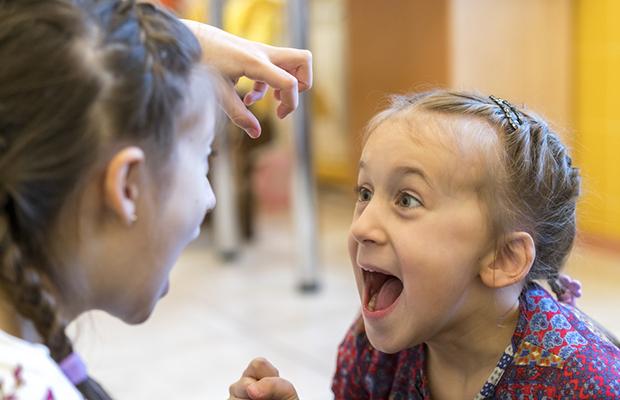







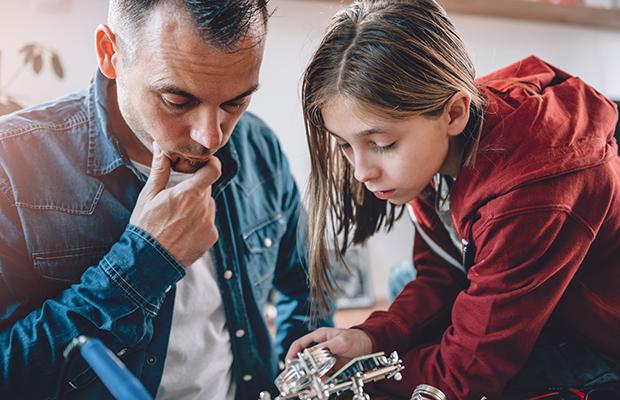
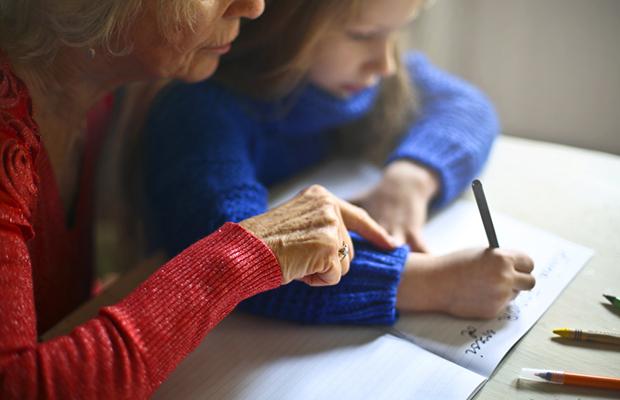



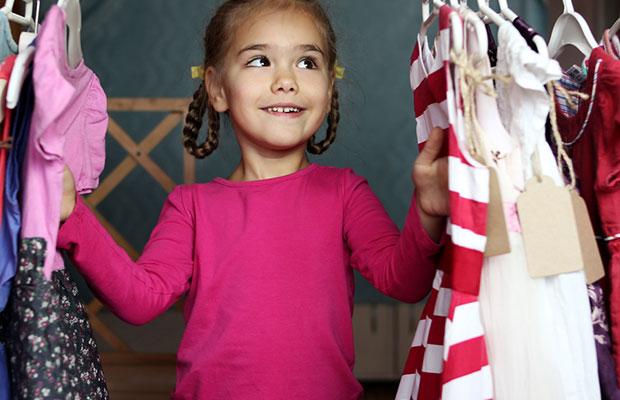
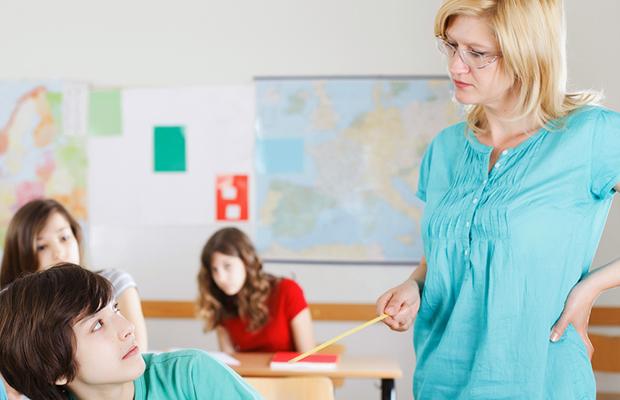
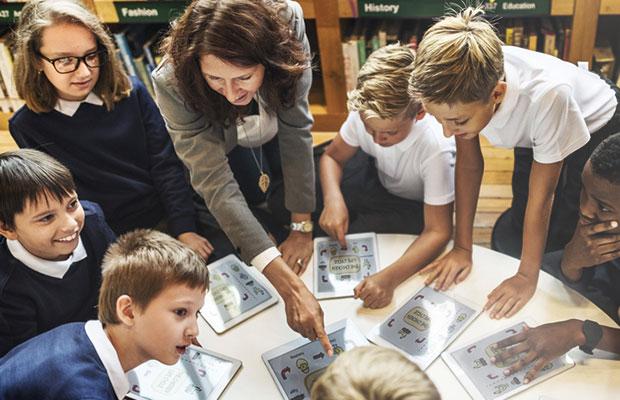
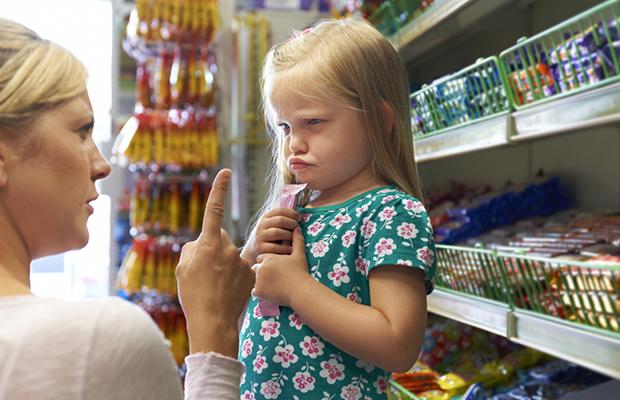

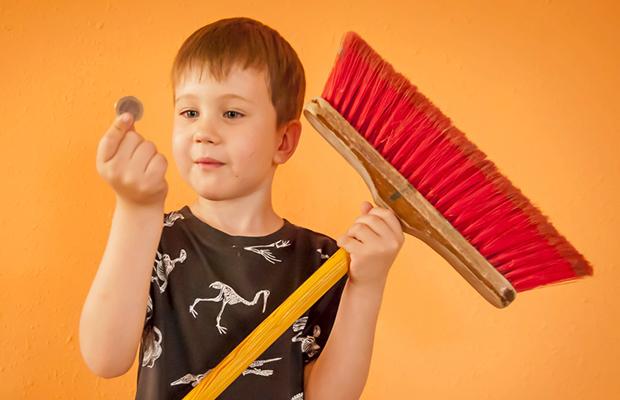

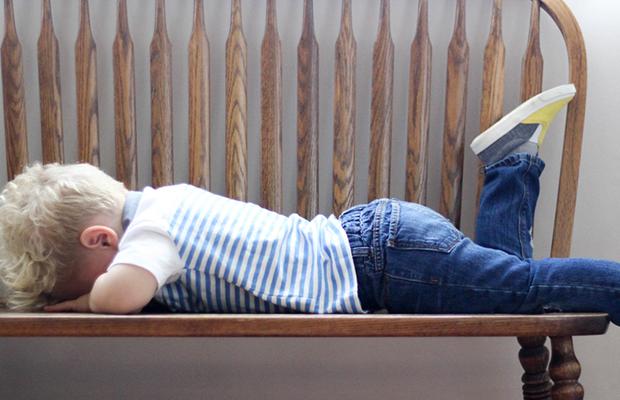

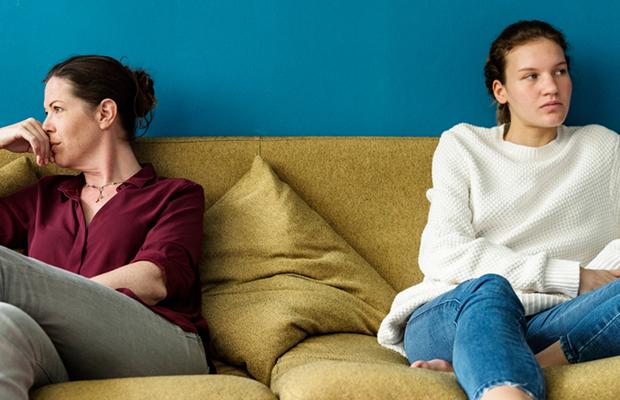
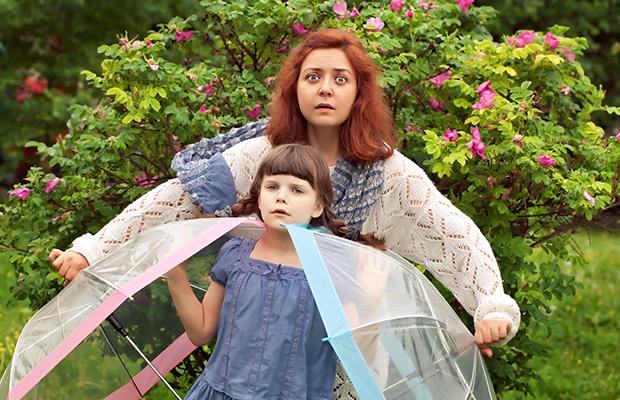






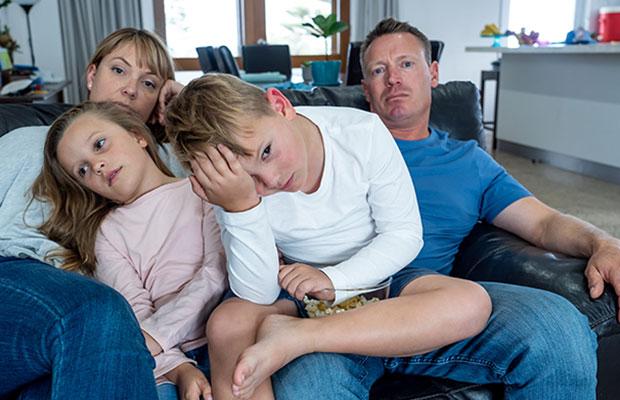




_thumb.png)